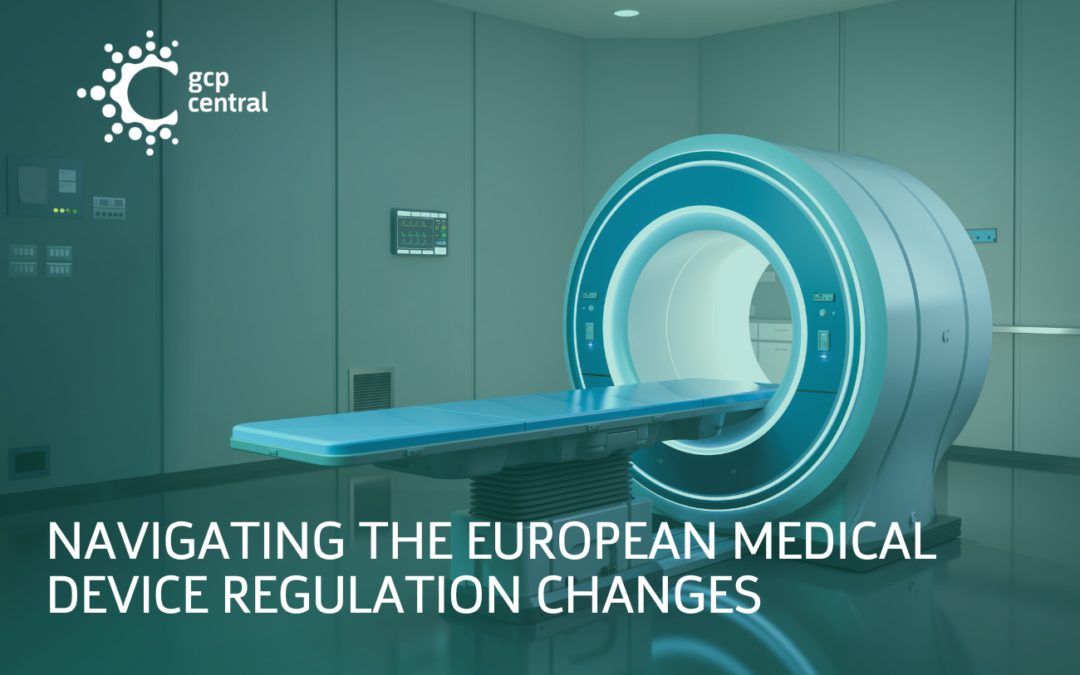In clinical research, staying up to date with regulatory changes is paramount to ensuring the safety and efficacy of medical devices. With the implementation of the European Medical Device Regulation (MDR), effective from May 26, 2021, significant shifts have occurred in the landscape of medical device trials. These changes dictate the timelines and protocols for new trials and necessitate adjustments to existing ones.
Key Timelines and Transition Periods
One of the fundamental aspects of the MDR is its impact on initiating new trials and modifying ongoing ones. As per the regulation, any trials commenced after May 26, 2021, must adhere strictly to the guidelines set forth by the MDR. This means that protocols, data collection methods, and safety reporting procedures must align with MDR standards from the outset.
Moreover, even for trials initiated before the enforcement of the MDR, any subsequent modifications or changes must comply with the new regulation. This ensures a uniform standard of practice across all stages of clinical research, safeguarding data integrity and trial participants’ well-being.
Implications for Clinical Trials
What do these changes mean for clinical trials? Primarily, it necessitates a meticulous review of trial protocols and data management processes to ensure compliance with MDR requirements. Linking trials to data becomes imperative, as the regulatory framework demands a comprehensive data collection, analysis, and reporting approach.
Additionally, it’s essential to recognize the potential delays in the review process due to the volume of submissions. Submitting trial documentation to notifying bodies can take up to a year for review, underscoring the importance of early preparation and thoroughness in submission.
Safety Reporting Under MDR
One of the most critical aspects of clinical trials is safety reporting. Under the MDR, safety reporting must adhere to MDR guidelines regardless of when a trial commenced. This includes classifying and reporting adverse events to ensure the timely and accurate dissemination of safety information.
Q4 – EUDAMED Mandate
Another significant milestone in the transition to MDR compliance is the mandatory use of EUDAMED (European Database on Medical Devices) starting in Q4. EUDAMED serves as a central repository for information related to medical devices, including clinical trial data. It’s essential for clinical research professionals to familiarize themselves with the functionalities and requirements of EUDAMED to ensure seamless integration into their trial management processes.
Defining Key Terms
One notable difference between the MDR and previous regulations is defining key terms, particularly those related to adverse events and safety reporting. It’s crucial to understand that definitions under the MDR may differ from those under Good Clinical Practice (GCP) guidelines. This underscores the importance of ongoing training and education for clinical research professionals to comprehensively understand regulatory requirements.
Serious Adverse Event Definition
For instance, the definition of a serious adverse event (SAE) under the MDR may encompass a broader range of criteria than previous definitions. Clinical research professionals must familiarize themselves with these updated definitions to accurately identify and report SAEs during trials.
Training and Contextual Understanding
Lastly, it’s essential to emphasize the importance of contextual understanding in training for clinical research professionals. While theoretical knowledge is invaluable, practical application within clinical trials is equally crucial. Training programs should focus not only on regulatory compliance but also on real-world scenarios and challenges encountered during clinical research.
The implementation of the European Medical Device Regulation brings about significant changes in the landscape of clinical research. From stringent timelines to updated definitions and mandatory reporting requirements, these changes underscore the importance of adaptability and compliance in conducting medical device trials. By staying informed, proactive, and continuously refining their skills, clinical research professionals can navigate these changes effectively, ensuring the safety and efficacy of medical devices for patients worldwide.
Let GCP Central help you navigate the world of the Medical Device Regulation with our range of training options – click here to get in touch.



